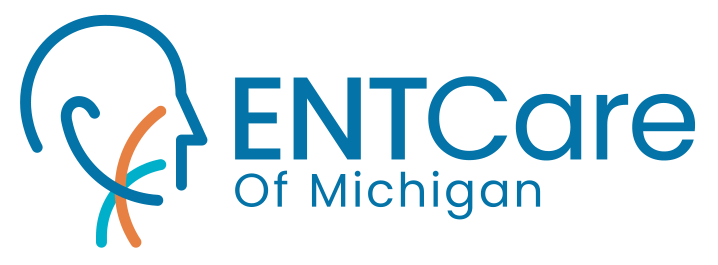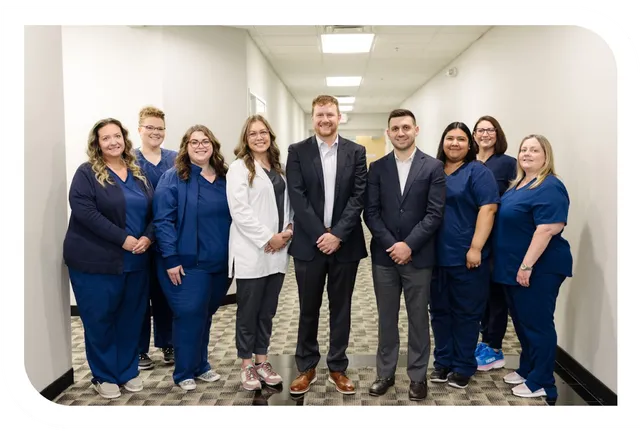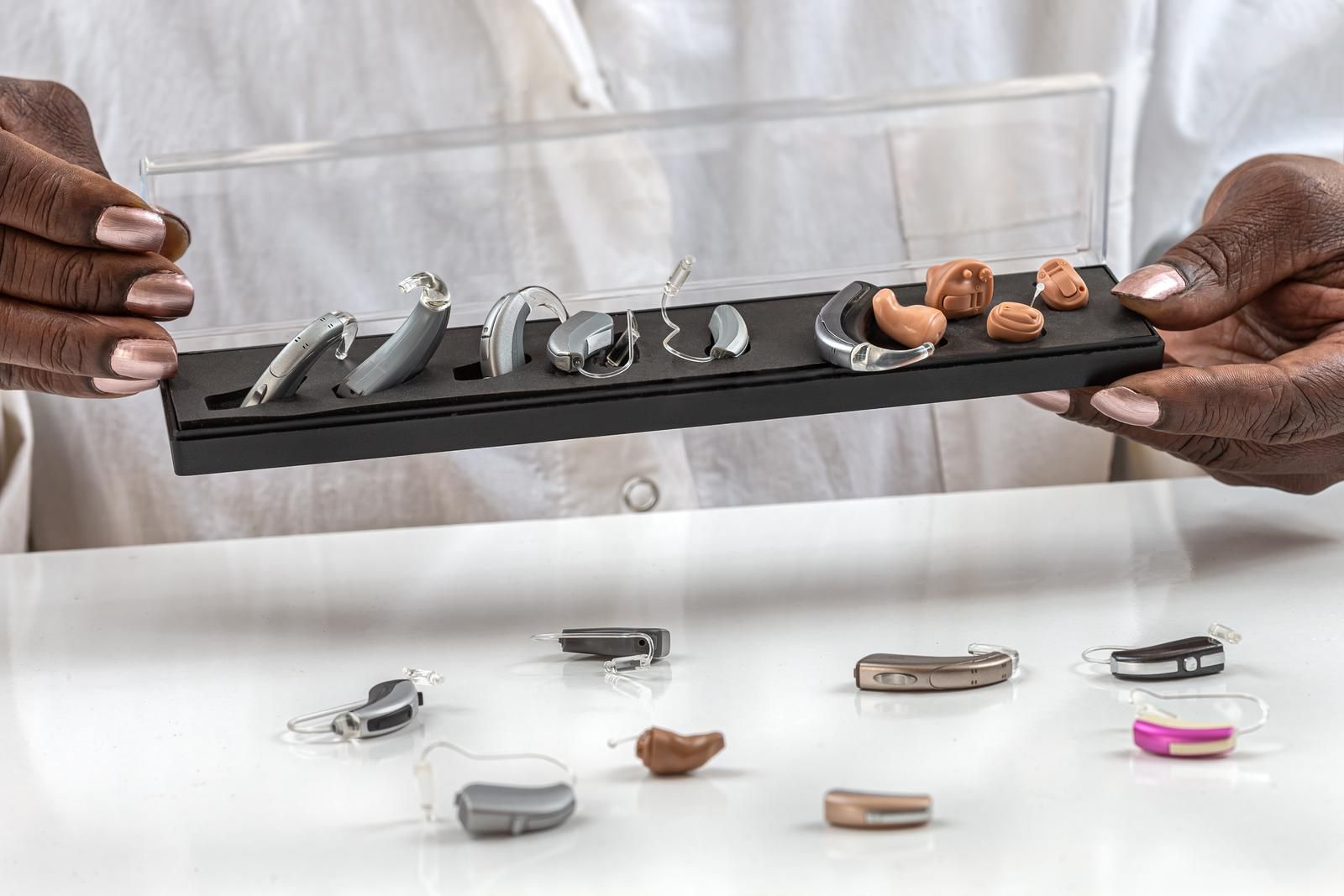Deviated Septum Surgery: What to Expect and How It Can Improve Your Breathing
If you’ve been struggling with persistent nasal congestion, difficulty breathing through your nose, or frequent sinus infections, a deviated septum might be the cause. For many people, deviated septum surgery can be a life-changing procedure. But what exactly does this surgery involve? How do you know if you need it? Read on to learn more.
What Is a Deviated Septum?
Your nasal septum is the thin wall of cartilage and bone that separates your two nostrils. Ideally, it should be centered allowing air to flow evenly through both sides of your nose. However, in about 80% of people, the septum is crooked or off-center – a condition known as deviated septum. This can be congenital (present at birth) or the result of injury or trauma.
While a minor deviation may not cause problems, a severe deviation can block airflow leading to:
- Chronic nasal congestion or blockage on one or both sides
- Difficulty breathing through the nose
- Frequent sinus infections
- Nosebleeds
- Loud breathing and snoring
- Sleep problems, including snoring or sleep apnea
- Headaches or facial pain
What Is Deviated Septum Surgery?
Deviated septum surgery, also known as septoplasty, is a surgical procedure performed by ENT (ear, nose, and throat) specialists to correct the alignment of the septum. The goal is to straighten the septum to improve airflow and reduce symptoms.
The surgery typically involves:
- Making an incision inside the nose to access the septum
- Removing or reshaping the bent cartilage and bone
- Repositioning the septum in the center of the nose
- Closing the incision without external stitches
Do You Need Deviated Septum Surgery?
Not everyone with a deviated septum needs surgery. Your ENT specialist will evaluate your symptoms and may suggest septoplasty if:
- Nasal obstruction significantly affects your daily life.
- Medications don’t provide relief.
- You experience recurrent sinus infections due to poor drainage.
- Your sleep quality is impacted by breathing difficulties.
Sometimes, septoplasty is combined with turbinate reduction (shrinking swollen nasal tissues) or rhinoplasty (cosmetic nose reshaping) for better results.
What to Expect During Deviated Septum Surgery
Before the Procedure
- Your ENT surgeon will review your medical history and may order imaging tests like a CT scan.
- You’ll receive anesthesia—usually general (you’re asleep) or local with sedation (you’re relaxed but awake).
- The surgery typically takes 30-90 minutes, depending on complexity.
During the Surgery
- The surgeon makes a small incision inside your nose to access the septum.
- Misaligned cartilage and bone are straightened or removed.
- The septum is repositioned, and dissolvable stitches or splints may be placed to support healing.
Is Septoplasty Painful?
Most patients report minimal pain—usually just some pressure or mild discomfort. You may feel congested afterward, but severe pain is rare.
Recovery After Septoplasty: What to Expect
First 24-48 Hours
- Mild bleeding or drainage (use gauze as needed).
- Nasal congestion due to swelling—breathing through your mouth may be necessary.
- Pain management with prescribed or over-the-counter medications.
First Week
- Avoid strenuous activity, blowing your nose, or bending over to prevent bleeding.
- Use a saline spray to keep nasal passages moist.
- Follow-up with your ENT to remove any splints if used.
Full Recovery Timeline
- 1-2 weeks: Most people return to work or school.
- 3-4 weeks: Light exercise can resume.
- 3-6 months: Full healing occurs with optimal breathing improvement.
How Deviated Septum Surgery Can Improve Your Breathing
By straightening the nasal septum, septoplasty opens blocked airways, allowing air to flow freely through your nose. This can lead to:
- Easier breathing and less nasal congestion
- Reduced sinus infections and inflammation
- Improved sleep quality and less snoring
- Better overall comfort and quality of life
Deviated Septum Surgery in Michigan
If you're considering deviated septum surgery in Michigan, you're in excellent hands with the expert ENT specialists at ENT Care of MI. Dr. Eric Succar and Dr. Marwan Boulis are highly skilled in performing septoplasty, helping patients achieve better breathing, reduced congestion, and improved quality of life. Using advanced techniques, they personalize each treatment plan to ensure optimal results.
Whether you're struggling with chronic nasal obstruction, sinus issues, or sleep disturbances, ENT Care of MI provides compassionate care and thorough follow-up. Schedule a consultation to explore how deviated septum surgery can help you and to learn more about how can we help you breathe easier!










